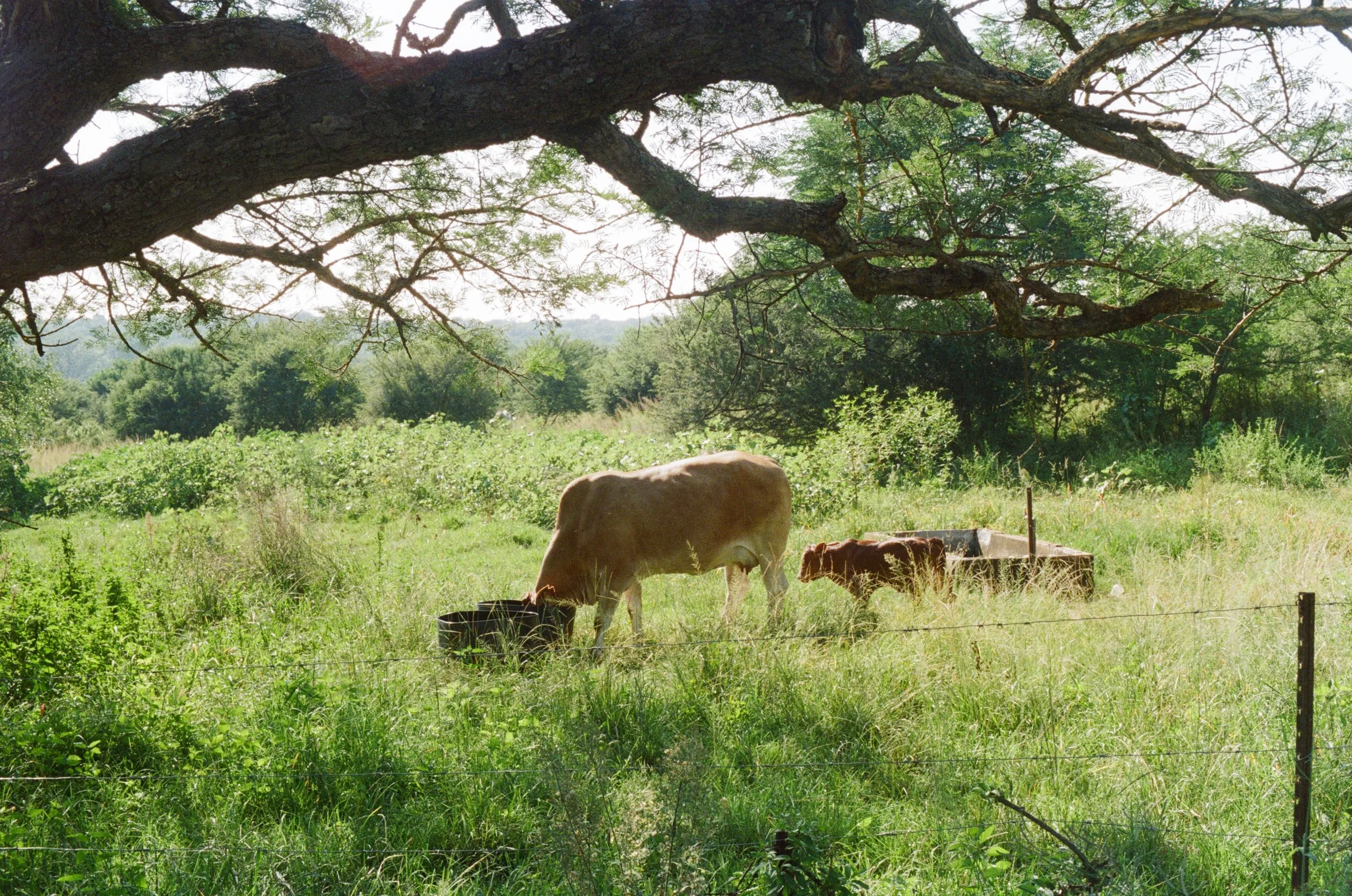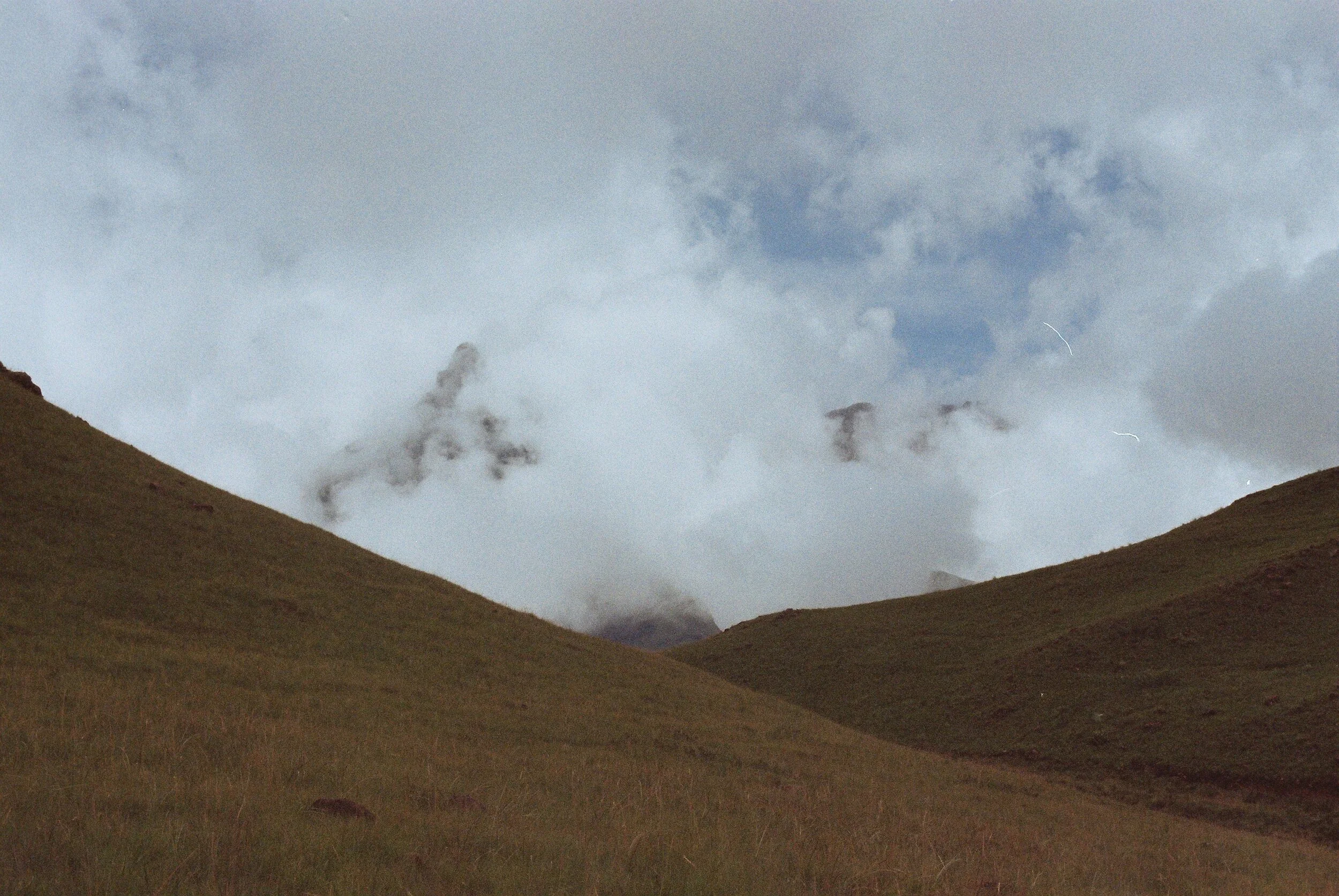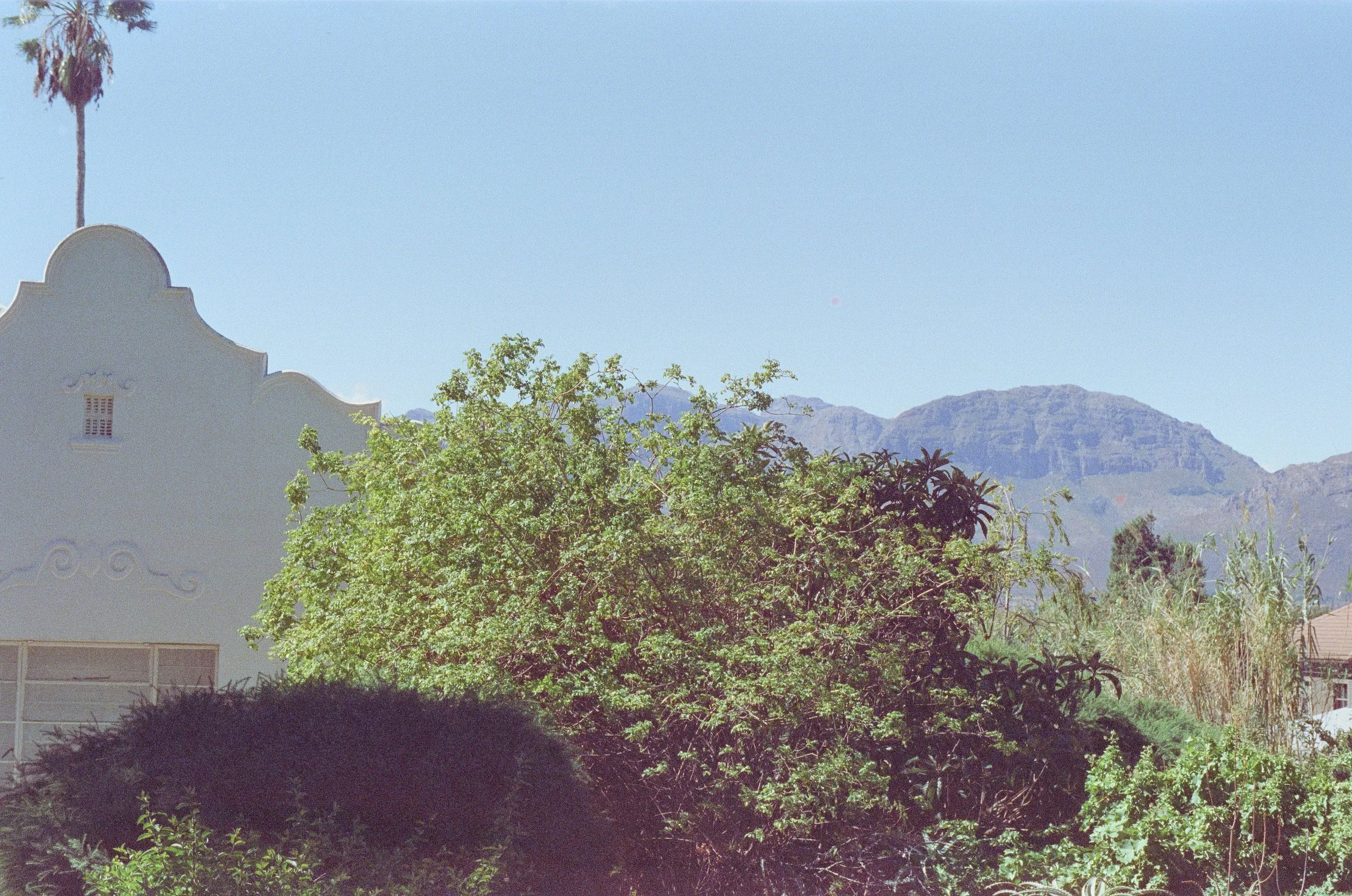Research
Below I have listed a number of ongoing research projects on the subjects of devolution, land politics, accountability and conflict. These are a mix of individual and collaborative projects. My past projects can be found here and my dissertation and book project can be found here.
Papers from Book Project
Until the Cows Come Home: Segregation and Land Reform in Post-Apartheid South Africa (Job Market Paper)
Under Review
In this paper, I build off of my book project to demonstrate that land redistribution - under market conditions - might reinforce existing rural segregation even while addressing land inequality. While many scholars have studied demand-driven explanations of land reform, I argue that to understand contemporary market-driven land reform outcomes, one must also examine the supply side incentives on the part of existing landholders. Using process tracing in South Africa, I show that landholders’ preferences drive land reform. Then, I rely on interviews and descriptive geospatial data from two provinces in South Africa land reform program to outline distinct strategies on the part of landholders that allowed them to make land redistribution work for them. While such strategies were informed by conflict between the land rich and landless, they resulted from place-specific histories of segregation: white farmers in highly racially segregated rural spaces used land redistribution to buffer their farms against predominately Black settlements, while white farmers in rural areas with less pronounced spatial segregation incorporated Black farmers into the commercial value chain via land redistribution. Thus, I find that an policy to resolve racial inequality via market redistribution further reinforced past modes of racial segregation.
Sweetening the Deal: Markets, Institutional Strength and Land Redistribution in South Africa's Sugar Sector
Forthcoming in Comparative Politics
In post-apartheid South Africa, land redistribution to address racially motivated land dispossession has been both slow and uneven. In this paper, which is adapted from one of my book chapters, I study the sugar sector in South Africa--one of the few areas where there have been high land transfers in the country--to argue that contemporary and market-based land redistribution is in part dictated by the political economy of agriculture that exists for a given crop. State regulation of a sector affords the state leverage over actors within the sector, while sectors with power centralized in processors can better organize for land redistribution. Therefore, while land redistribution is often thought to be a process of political exchange between a ruler and either voters or local elites, I employ process tracing techniques from 28 interviews and descriptive spatial data to show that land transfers in South Africa's sugar sector were driven primarily by 1) the concerns of actors in the sugar sector who wanted to maintain regulatory support by the state and 2) the ability of actors within the centralized sector to organize to redistribute land. Thus, while thinking about the determinants of land redistribution, one must consider the supply of land for land redistribution by landholders. Further, the organizational strength of a sector might be a boon rather than a hindrance to market-based land redistribution because it catalyzes collective action in the sector.
Land Claims and Policy Feedback
Promised Land: The Effects of Land Restitution in South Africa
Programs of restorative justice in post-conflict societies often provide generous policies to a specific group of people and create high, legalistic barriers to entry for these claimants. In this paper, I ask how participation in an onerous, legalistic claims process affects protest activity and attitudes towards general redistribution. Do claimants become more politically involved? Do they develop more inclusive or radical views on redistribution?
In Preparation for Submission
Link to webinar presentation at the Land and Accountability Research Centre with Ruth Hall, Tembeka Ngcukaitobi, Baby Makgeledisa, Gadifele Tawana: Youtube Recording
Electoral Violence, Youth Party Activists and Police in Liberia
With Sabrina Karim, Lindsey Pruett and Dao Freeman
Conditionally Accepted at the Journal of Peace Research
Using an original field experiment done around Liberia’s 2017 elections, we examine the effects of an intervention with youth party activists and police officers - two groups who are often on the front lines of electoral conflict - to gain a better understanding of election violence and how to address it.
The Political Economy of Settler States in Africa
With Salih Noor
In preparation for submission
In this paper we draw renewed attention to the historical and institutional foundations of settler states that emerged in colonial southern, central, eastern, and northern Africa, and their varied implications for future political, institutional and economic development. By developing a new typology of African settler states, we both categorize African settler states against the "New World" settler institutions and systematically describe their internal differences.




